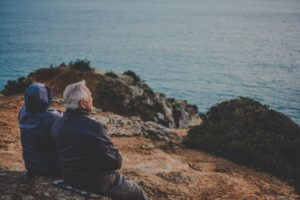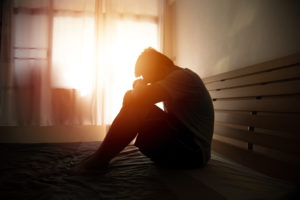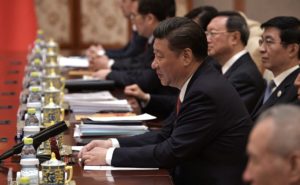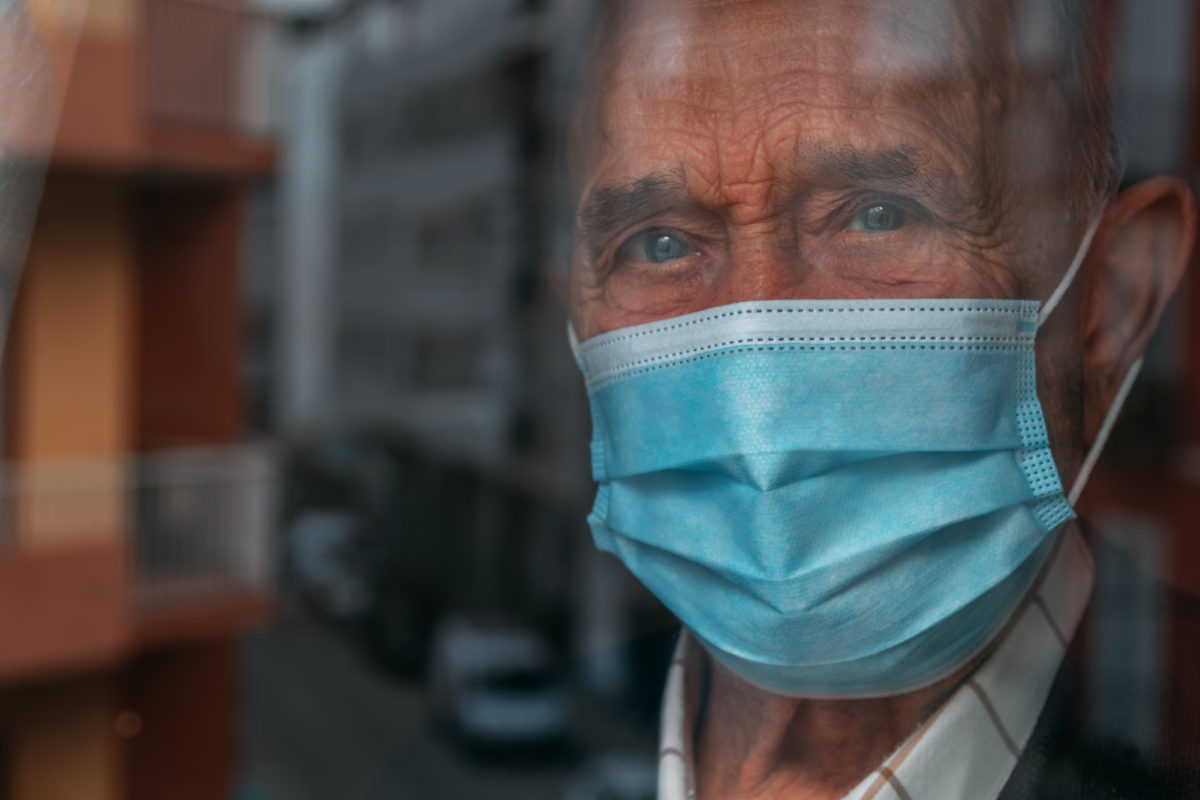
‘Suffering and Sacrifice Are Part of a Flourishing Human Life’
Dr. Jennifer Frey delivered an excellent talk on “Suffering and the Problem of Evil” to the Thomistic Institute’s Yale University chapter this April. Listen to the whole talk, which I think is really a call to be practically wise amidst the tumult of our chaotic lives. I’ve transcribed the below from Dr. Frey’s talk and any errors are mine. First, on the classical view of justice: Now, it’s central to the virtue of justice in particular that there are certain things we must never do because that sort of action is to wrong someone. So, if we were to commit this sort of action—the wronging someone sort of action—then we would be not exercising justice but injustice. Murder, torture, rape, Read More ›





